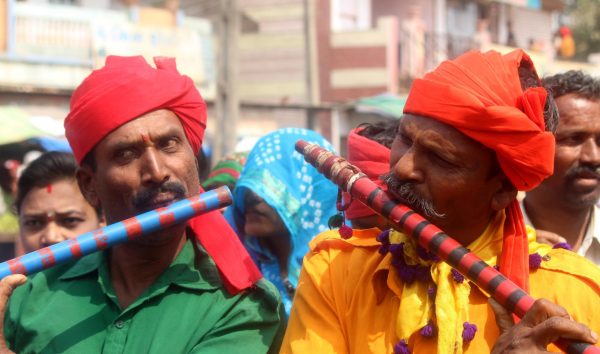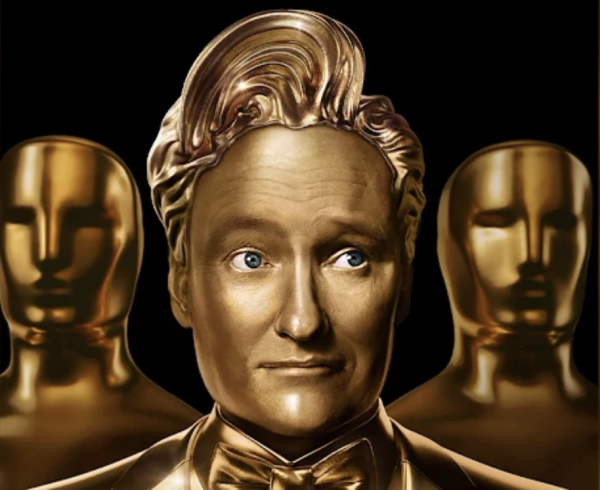Squid Game Comparisons Overlook Cultural Nuance
For the last three weeks, Squid Game has been buzzing on social media. Netflix is proud to boast the show’s record-breaking ratings, and Western audiences are lapping it up with the same awe and intrigue as Parasite two years ago. Before I’d seen the show myself, I asked someone to describe it to me and was told, “It’s like a South Korean Hunger Games.” I was left apprehensive.
There is a comfortable tendency to compare new ideas to pre-exist- ing and familiar content, and some- times the comparison is appropriate. Comparing Divergent to The Hunger Games because both involve a dystopian society divided into specific skill sets and facing an oppressive regime makes sense: the two were designed to pander to the same groups. Compare Game of Thrones to Lord of the Rings and you could make a quality case to draw a parallel between the role of both in the evolution of the fantasy genre and Sean Bean’s inevitable murder. But taking something like Squid Game — set firmly in a very real, capitalist South Korea and nuanced by cultural intricacies — and comparing that to the revolution of an entirely fictional District 12 is doing both a cinematic and cultural dis- service to the show.
Squid Game succeeds as a show because it’s not trying to explain itself. The games played are Korean kids’ games; the rules are pretty straight- forward. The choice of the games aren’t absurd by themselves; it’s the immense cash prize, which grows with each death, that serves to shock. The fact is, the show isn’t about the games or the competition, despite the comparisons being made to battle royale films. The show is about reducing 456 people to a childhood simplicity where everyone has the same dispassionate chance at survival. When the game starts, there is no malice, no competition between players, no stakes, and no rivalry. All this changes only because the game makers en- courage competition and make rivalry an increasingly central element of the games as they progress.
The game makers, the faceless regime behind the protagonists’ suffering, are a tongue-in-cheek stand-in for a homogenous capitalist agency, and yet their power isn’t derived from oppression or suspension of freedoms. Instead, the masked and hood- ed functionaries simply do their job and cull the participants on the simple rubric of winning or losing a game. What’s more, the players had a choice to compete. Even if their initial entry was due to a lack of information, they made the choice to leave, and almost all of them made the choice to come back. The games might have been hellish, but the world outside — identical to the real world we inhabit — was worse for these people. That illustration of desperation is what makes the show unique, and what makes it both enthralling and believable even at its most gruesome moments.
Amid the fear and gut-wrench- ing violence, there are moments of warmth and innocence. Not only were character interactions beautifully written and performed, but the constant return to and reference of Korean culture made the show even deeper and more human. In a pivotal moment of the show, a character uses the phrase gganbu, defining it as two people who share everything. The articulation of gganbu, as opposed to “best friends”, makes the whole relationship personal and infinitely unique. Gganbu, at the very least in this world, is a loaded phrase that encapsulates more than a Western approximation could. Therein lies my biggest concern with comparing Squid Game or any non-English media to Western content — that in the process of comparison, you lose the intricacies and specificities of the original culture. You lose the individuality and identities of the creators, actors, and writers, and participate in the erasure of a unique genre.
The fact is that I haven’t watched enough South Korean cinema to make a true comparison, so I simply won’t. It is a lot easier for me as a viewer and fan to talk about the show as a singular entity, and this approach most certainly does it better justice than describing it as “a South Korean Hunger Games.”
Unfortunately, there seems to be an insistence among national media outlets that Squid Game compares comfortably to popular Western titles. Variety ran a review of the show where the writer spends multiple paragraphs drawing unsubstantiated and underdeveloped comparisons to the battle royale genre and Joker. Ironically, the review acknowledges the show creator’s statement on having written the show in 2008, before Suzanne Collins’ books gained popularity, but powers through to make an obvious contradiction by drawing comparisons with Todd Philips’ character-driven narrative. IGN calls the show battle royale; Rolling Stone alludes to “The Most Dangerous Game”; and, most egregiously, The Atlantic writes that it is “reminiscent of … the video game Fortnite.”
Stop comparing films and television across entirely unrelated cultures and cinematic traditions just be- cause it’s convenient. Enjoy content for what it is, because the alternative is an offense to the genuine value of the work. If you really enjoyed Squid Game, do it justice by representing it accurately.










